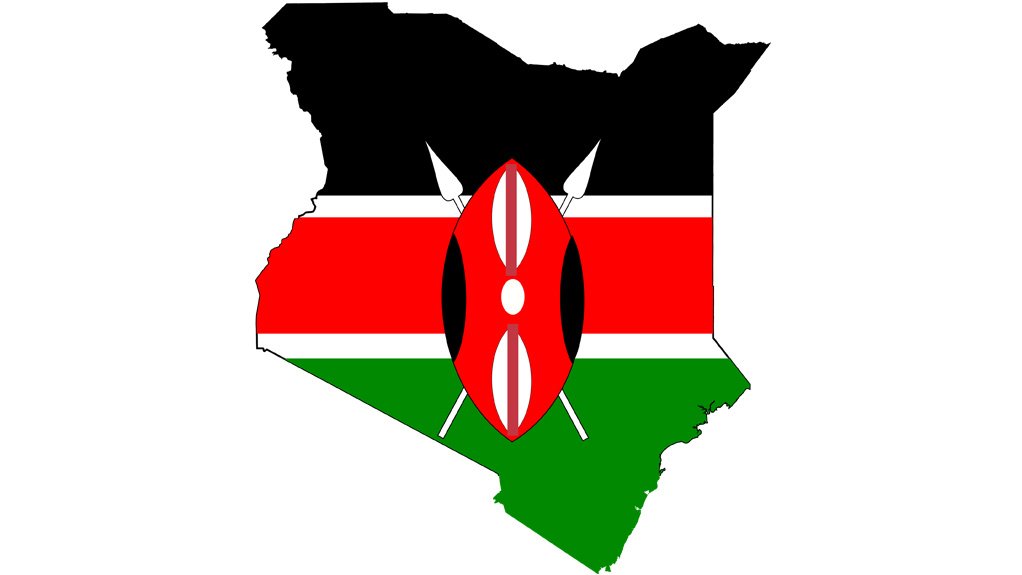Kenya's united opposition "is a force to reckon with", and it "cannot be ignored", as the country gears up for its general election, political analyst Benji Ndolo has said.
East Africa's largest economy holds its election on August 8, a decade after disputed polls fuelled violence that left more than 1 100 dead and hundreds of thousands displaced.
Last month, the country's electoral commission approved eight candidates, including the incumbent Uhuru Kanyatta.
Kenyatta is seeking a second term in office with his Jubilee Party.
Opposition heavyweights, on the other hand, have picked his [Kenyatta's] longtime rival Raila Odinga to lead them in a coalition called the National Super Alliance (NASA), in a move meant to strengthen their challenge to the current administration.
Speaking during a telephonic interview with News24 from his base in Nairobi, Ndolo said: "A united opposition is always something that you cannot ignore. A united opposition is a force to reckon with. This is likely going to be an unbeatable coalition. The numbers are going to be overwhelming."
'Some complications'
Odinga, 72, will, for the second consecutive time, challenge Kenyatta in a repeat of the 2013 election, which he lost in the first round.
Asked why he thought the leaders of the other opposition leaders had decided to sacrifice their personal ambitions and rally behind Odinga, Ndolo said:
"A united front is viable. A united front means that victory is actually within a certain distance. That’s why they sacrificed their ambitions. Many will agree that numerically, it is virtually impossible to defeat that kind of unified opposition," he said.
Ndolo said there were, however, "some complications" around the election, adding that he was not sure if the Kenyatta administration would concede defeat.
"My own assessment is that there is always other forces at play outside the electorate. I don't know if the current regime will concede defeat," said Ndolo.
Ndolo said that the country was currently in excitement mode but also "deeply" divided.
'A lot of expectation'
"There is a lot of expectation, there is a lot of political excitement in the air. But the divisions are very deep. The country is deeply divided and this is complicated by the fact that the cost of living has been escalating. It has been very high. Poverty has been deepening and all this on the back of higher expenditure and a bigger budget by the government," said Ndolo.
He said that there was no connection between the "common man" and the government and this, he said, was causing "contentions" and a "charged" political environment.
Ndolo acknowledged the efforts that the Kenyatta government had made in terms of implementing various projects for the betterment of the lives of the people, but maintained that corruption had remained a big problem.
"There have been major projects that are going on – big dams, lots of electrification… but around these big projects, there is also a lot of theft. So there is a lot of anger at the grand corruption, which also contributes to the increase of the gap between the rich and the poor.
"It’s a very small number of people getting much much wealthier and the masses remain in poverty and are suffering unemployment. The economy is very bad," said Ndolo.
He said at 55, Kenyatta was a youthful leader and Kenyans expected better performance from him.
'Very organised'
"Kenyatta is a young person. At fifty something his performance should be like that of Barack Obama – full of energy and able to handle a lot of issues at a time. His predecessor [Mwai Kibaki] left the office at 81 and he was able to run the country effectively. He [Kenyatta doesn’t even match-up his predecessor," said Ndolo.
He said that Kenyatta succeeded a "very organised" leader (Mwai Kibaki) - a president who had a "blue print and an agenda and a manifesto that was very very very broad... there were very ambitious projects that the current government inherited. But (unfortunately) the Kenyatta government had big problems... they had international charges and so they were distracted (when they took over)... they were not ready," he said.
At the start of his term in office, Kenyatta had a case at the International Criminal Court (ICC) where he was charged for his alleged involvement in fomenting the wave of the deadly 2007-08 violence.
More than 663 000 people were displaced in Kenya's Rift Valley after fights between rival supporters when politically motivated riots turned into ethnic killings, which in turn sparked further reprisals.
The case was, however, dropped after the court failed to find enough evidence.
EMAIL THIS ARTICLE SAVE THIS ARTICLE
To subscribe email subscriptions@creamermedia.co.za or click here
To advertise email advertising@creamermedia.co.za or click here











